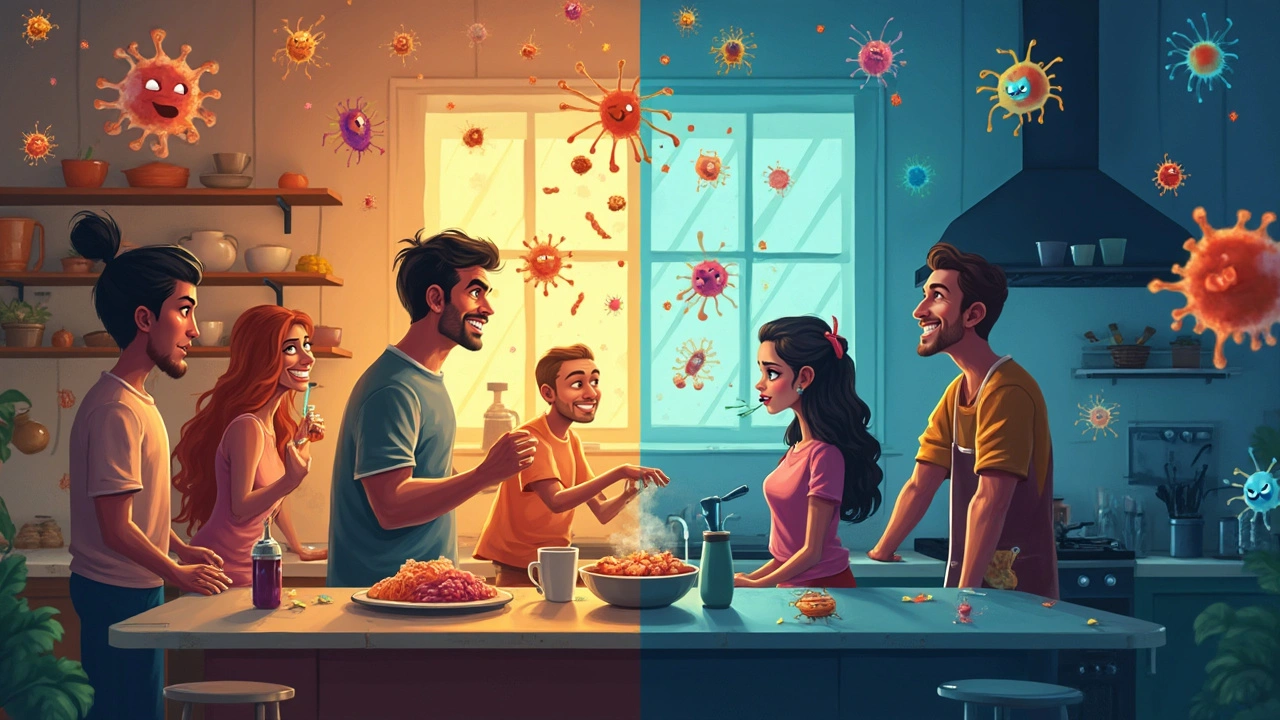Antibiotic Resistance – What You Need to Know
Ever heard the word “superbug” and wondered what it really means? It’s a simple way to describe bacteria that no longer respond to the drugs we rely on. When antibiotics stop working, infections become harder to treat, hospital stays get longer, and the risk of death climbs. The good news is that everyday choices can slow down this trend.
Why Resistance Is Growing
First, bacteria are naturally good at adapting. When we use an antibiotic, most of the germs die, but a few that have a tiny advantage survive. Those survivors multiply and pass on their resistance traits. Over time, the entire population can become immune to the drug.
Second, antibiotics are often misused. Finishing a prescription early, taking leftover pills, or using them for viral illnesses like colds gives bacteria more chances to learn. Even in farming, giving animals low‑dose antibiotics for growth creates massive reservoirs of resistant microbes that can jump to people.
Third, global travel spreads resistant strains fast. A traveler who picks up a resistant infection abroad can bring it home, and it can then spread in the community or at the clinic.
How You Can Help Stop It
Follow the prescribed dosage. Even if you feel better, finishing the full course makes sure no bacteria are left to hide.
Never use leftover antibiotics or share them with friends. Each prescription is tailored for a specific infection and dose.
Ask your doctor if an infection truly needs antibiotics. Many colds, flu, and sinus infections are viral and won't benefit from a pill.
Practice good hygiene. Hand washing, covering coughs, and keeping wounds clean reduce the chance you’ll get infected in the first place.
Support policies that limit unnecessary antibiotic use in agriculture. Consumer demand for responsibly raised meat can push producers to change.
Stay up to date with vaccinations. Preventing diseases like pneumonia reduces the need for antibiotics later on.
Finally, spread the word. Talking to family and friends about why antibiotics matter creates a community that backs smarter use.
Antibiotic resistance isn’t a distant problem; it’s knocking on our doors right now. By using antibiotics responsibly, keeping clean, and supporting smarter policies, you can play a real part in protecting the medicines that keep us healthy.
-
Understanding How Bacteria Cause Infections: Key Facts and Insights
Bacteria play both helpful and harmful roles in our bodies, but sometimes they’re the culprits behind infections that make us sick. This article dives into how bacteria cause infections, the ways our immune system fights them, why not all bacteria are bad, and what you can do to protect yourself. It also uncovers some surprising facts about antibiotic resistance and tips for recognizing and managing bacterial infections. Get practical advice to stay healthy while understanding the hidden world of bacteria.
